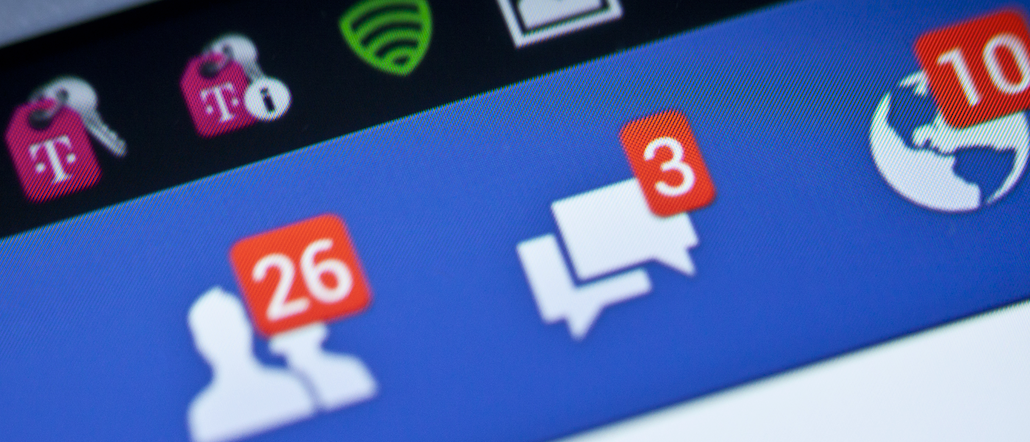Secure your place at the Digiday Media Buying Summit in Nashville, March 2-4
Facebook is letting publishers use Instant Articles to collect email newsletter signups

Facebook is letting some publishers test newsletter sign-up messages at the bottom of their Instant Articles. The New York Times and The Washington Post are among those who are participating. The test messages are hard to spot because they’re not being shown to all readers, and publishers said it was either too early to share results or that they wouldn’t ever be sharing them.
The new feature seems to be addressed at increasingly familiar publisher concerns: They are coming around to the idea of having platforms host their editorial content, recognizing that they have to distribute their brands where readers are. But with the platform setting the rules, publishers worry about sacrificing a direct relationship with the readers. Email, for all the claims of it being dead, is critical for many publishers as a distribution (and marketing) channel they continue to control.
“One of the other things we heard is that publishers want to build a more direct relationship with their readers through Instant Articles, and one way to do that is through more regular contact with those readers.” Facebook said in a statement. “It’s very early days for this test, but we look forward to working in conjunction with our partners to test and iterate on the product.”
Facebook Instant, like the regular Facebook News Feed, can be valuable as a way for publishers to introduce their content to people who aren’t regular readers.
The hope for many publishers is that the more they bump into the publisher’s articles on Facebook, the more likely they are to start coming directly to the publisher’s own site. There, publishers can not only keep all the ad revenue they generate but can sell the readers on subscriptions and newsletters and other products as well as collect data on their reading habits that can be used to improve the site experience.
So the chance to directly engage with readers is a way to get people to sign up for a newsletter or another product. And for subscription-based publishers like the Times and the Post, the need to deepen their relationship with readers is all the more important because it’s only the most loyal who will subscribe. So the newsletter signups are an important avenue to get readers down the funnel.
“Email is very beneficial to us,” said Julia Beizer, director of mobile product for The Washington Post. “We love anything we can do to deepen that relationship with our customers.”
Even publishers that aren’t participating in the test are trying other things to get readers to click back to their sites or subscribe to newsletters. The Atlantic is running newsletter signup messages on the bottom of its articles. And Mic is running house ads that link to an email signup page:

Email newsletters have become an important part of publishers’ audience development strategies as a way to deepen their relationship with readers by providing an antidote to the endless stream of news in their social feeds. For the Times newsletters are a key way to fuel subscriptions; the paper has said that Times users are twice as likely to become paid subscribers if they signed up for a newsletter first.
Facebook has already made tweaks to Instant to make it easier for publishers to sell ads on their pages. So the newsletter test could be a sign of another concession by Facebook to keep publishers happy about having their content hosted on the platform.
More in Media

WTF is a creator capital market?
What is a creator capital market, what does it mean for creators looking to diversify revenue, and why is it so closely tied to crypto?

Media Briefing: Publishers explore selling AI visibility know-how to brands
Publishers are seeing an opportunity to sell their AI citation playbooks as a product to brand clients, to monetize their GEO insights.

Creators eye Snapchat as a reliable income alternative to TikTok and YouTube
Figuring out the Snapchat formula has been very lucrative for creators looking for more consistent revenue on a less-saturated platform.





